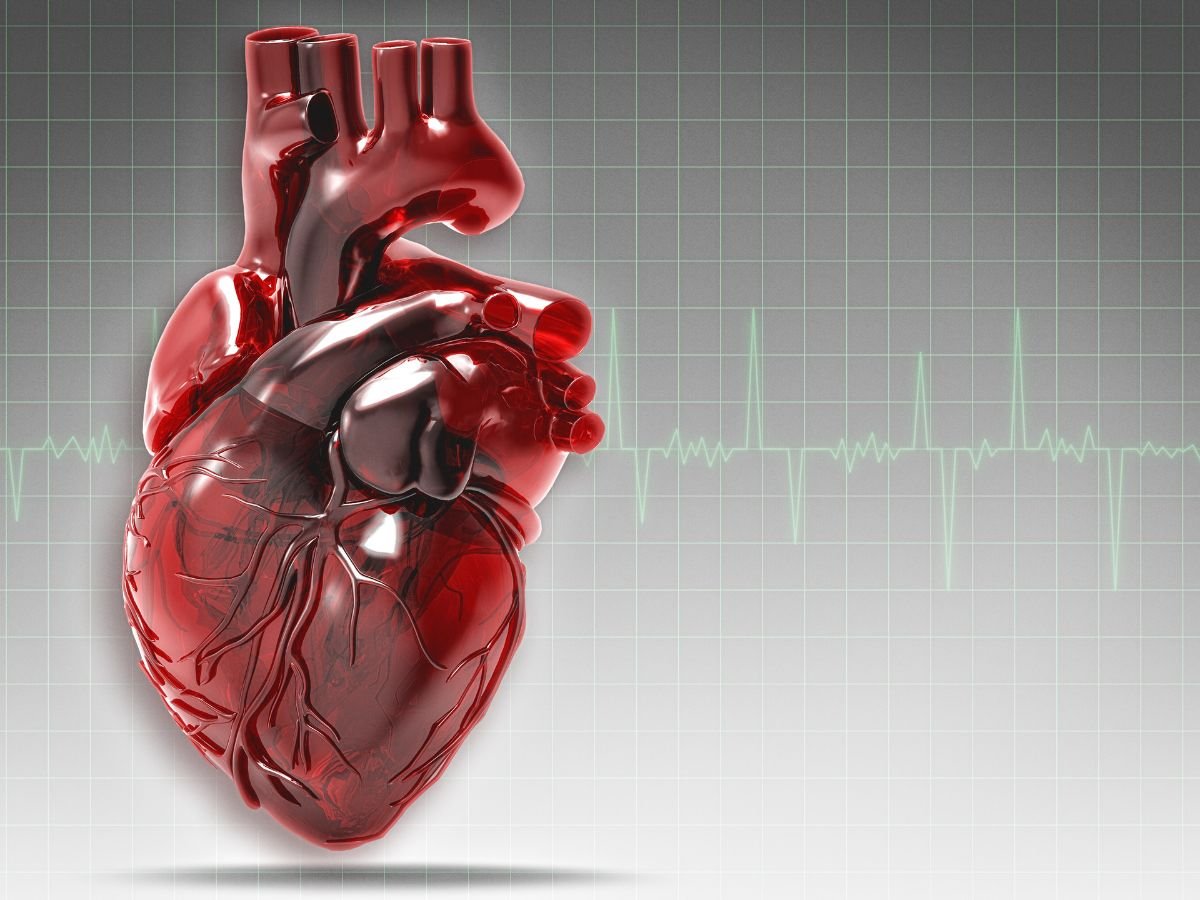New Delhi, 15 May 2025: Diabetes and heart disease are two of the most prevalent chronic conditions affecting millions worldwide. What many don’t realize is the dangerous link between the two. According to leading cardiologists, individuals with diabetes—especially Type 2—are at a significantly higher risk of suffering a heart attack compared to those without the condition. This hidden connection is often overlooked, making awareness and timely intervention all the more crucial.
Why Diabetes Increases Heart Attack Risk
Diabetes, particularly when poorly managed, can wreak havoc on blood vessels and the cardiovascular system. High blood glucose levels over time can damage arteries, leading to atherosclerosis—a condition where arteries harden and narrow due to plaque buildup. This narrowing restricts blood flow to the heart, ultimately increasing the risk of a heart attack or other cardiovascular complications.
Dr. Anil Verma, Senior Cardiologist at Delhi Heart Institute, explains:
“People with diabetes are two to four times more likely to die from heart disease than those without diabetes. The reason is the silent, long-term damage that high blood sugar does to the arteries and nerves controlling the heart.”
Key Factors That Strengthen the Link
High Blood Pressure and Cholesterol
Diabetes often coexists with hypertension and elevated cholesterol levels, both of which further strain the cardiovascular system. Together, these conditions form a deadly trio that accelerates the progression of heart disease.
Obesity and Insulin Resistance
Many people with Type 2 diabetes are overweight or obese, which compounds the risk. Obesity contributes to insulin resistance, high blood pressure, and cholesterol imbalance—all major risk factors for heart disease.
Chronic Inflammation
Diabetes is associated with low-grade chronic inflammation, which weakens blood vessels and leads to long-term cardiovascular damage.
Neuropathy and Silent Heart Attacks
Diabetic neuropathy can numb the nerves, including those around the heart. This means a person might not feel chest pain during a heart attack—a phenomenon known as a “silent heart attack”—making early diagnosis and treatment more difficult.
Heart Attack Symptoms to Watch For
Since diabetic patients may not experience classic heart attack symptoms, it’s vital to watch out for subtler signs, such as:
- Unexplained fatigue
- Shortness of breath
- Lightheadedness or dizziness
- Sweating without exertion
- Discomfort in the back, jaw, or arms
If you have diabetes and experience any of these symptoms, seek immediate medical attention.
How to Lower Your Risk
The good news is that with careful management, the risk of heart disease can be significantly reduced. Here are expert-recommended steps:
Maintain Blood Sugar Levels: Keep your HbA1c (three-month average blood sugar level) in check. Aim for levels below 7% or as advised by your doctor.
Regular Cardiac Screening: People with diabetes should undergo routine cardiovascular screenings, including ECG, lipid profile, and stress tests.
Adopt a Heart-Healthy Diet: Choose foods low in saturated fats, refined sugars, and sodium. Opt for whole grains, fruits, leafy greens, and lean proteins.
Stay Active: Engage in at least 30 minutes of moderate exercise (like brisk walking or cycling) five days a week to improve circulation and reduce insulin resistance.
Quit Smoking and Limit Alcohol: Both significantly increase cardiovascular risk and can worsen diabetic complications.
Manage Stress: Chronic stress can spike blood pressure and blood sugar, increasing the risk of heart problems. Mindfulness, yoga, and therapy can help.
The connection between diabetes and heart attacks is well-established yet often underestimated. With the rising incidence of Type 2 diabetes globally, understanding and addressing this link is more important than ever. By making informed lifestyle choices and working closely with healthcare providers, individuals with diabetes can reduce their risk and lead healthier, longer lives.






